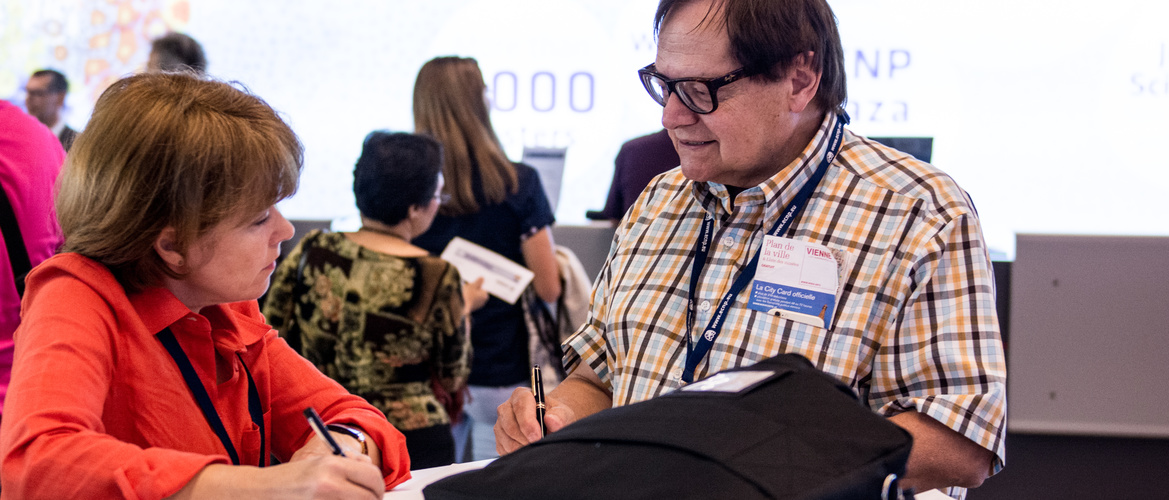
Choose a channel
Check out the different Progress in Mind content channels.

Progress in Mind

Dr Yvon-Jacques Lavallee of the Hospital De Chicoutimi, Saguenay, Canada, is a hospital-based psychiatrist who sees approximately 100 patients with major depressive disorder each month. In an interview with Progress in Mind during ECNP 2016, he spoke about his most challenging patients with depression – those who never remit.
For me, the most significant challenge is the patient with resistant depression. Although we try many antidepressants, they just don’t work in some patients. This is especially the case in patients with anxiety and in those with poor family histories such as those who are admitted at a young age or who have suffered abuse, including sexual abuse.
Our approach is to try monotherapy and then a combination approach – including combinations of antidepressants and antipsychotics. ECT is our final option. It is rarely used but sometimes it works. Also we try to intervene in the family situation to reduce the level of stress on the patient. We work with the patients and their family wherever possible. At follow-up, when we see the patient we invite their family too. This is useful as family members often know a lot about the patient’s behaviour. Patients generally don’t tell you everything – they don’t lie – but they don’t tell you everything.
This is a big question. The patients I see are usually referred to me by general physicians and I don’t believe much in remission. You have to really look for it and I am usually disappointed but maybe that’s because I remember more the patients that fail.
There is a definite subset of patients who are impossible to help despite everything we do, and not knowing why we cannot help them is very disappointing. Maybe their anxiety starts just too early in childhood.
For us combination approached can be very useful but we don’t have any options for treatment-resistant patients. We try combinations but we really don’t know what to use. There is not enough research, in my opinion, in this patient group but when we do see articles [on combination therapies] published, we read them immediately.
Yes, absolutely. But we don’t use specific tools. Instead, we ask questions about concentration and memory problems. It’s better to talk to patients and often they spontaneously will tell us that they are having problems with these things - we don’t have to ask.
Our correspondent’s highlights from the symposium are meant as a fair representation of the scientific content presented. The views and opinions expressed on this page do not necessarily reflect those of Lundbeck.